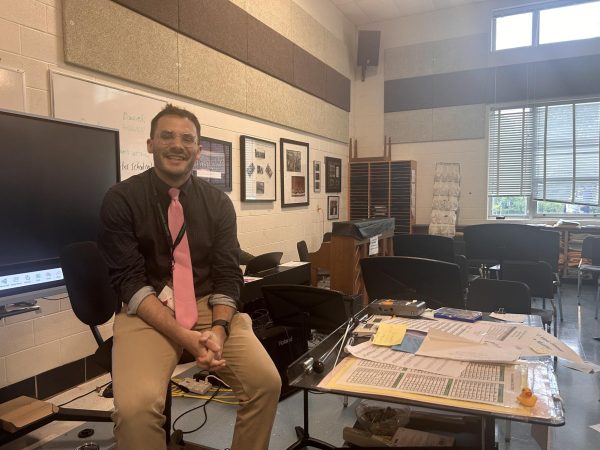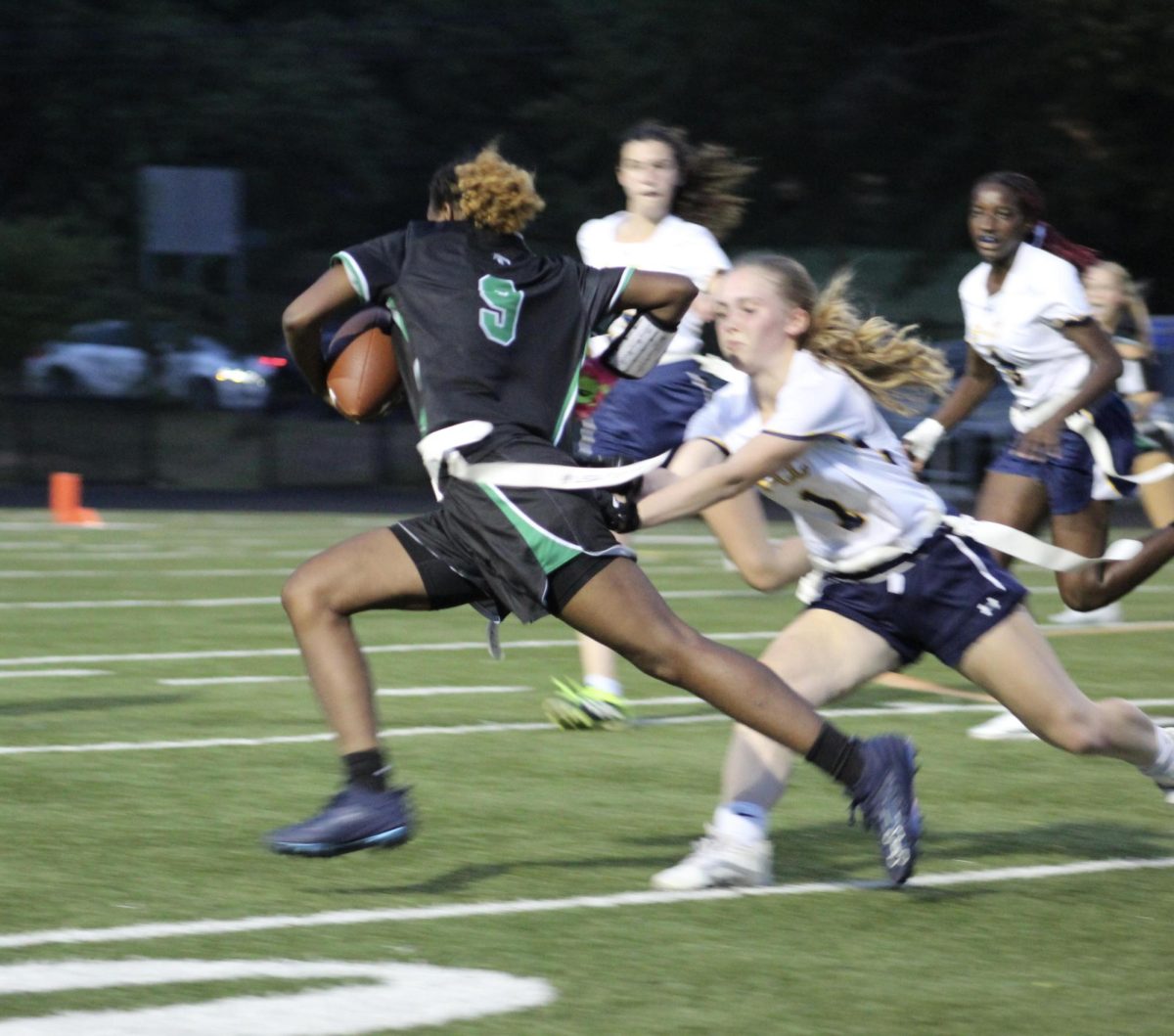University of Alabama elects first African American SGA President in four decades

Photo Courtesy of Flickr/Jessamyn West
A marker on the university’s campus brings to light the school’s historical fight against federal guard regarding desegregation.
Mar 17, 2015
On Mar. 10, the University of Alabama elected its first African American SGA president in almost 40 years. After two failed elections in previous years, Elliot Spillers, a junior and business management major from Pelham, Ala. won the presidential spot as his first elected position within the SGA. Spillers received the highest number of votes of any other SGA candidate in the school’s history, and is considered to be the first “non-Machine” candidate to win the election since John Merrill, who was elected in 1986 and is now Alabama’s Secretary of State.
“The Machine” is a well-known term at the University of Alabama, and was described in a 1992 Esquire cover story as “a secret society that for 80 years has controlled student politics at the University of Alabama.” The society acts as a sort of political arm that leads fraternities and sororities at the school, and includes various anonymous students from Greek houses that secretly endorse SGA candidates. Although Spillers ran as an independent candidate in opposition to “The Machine,” he credited some of his victory to separatists within the society.
“The entire Machine is not a bad organization,” Spillers said after winning, according to the Huffington Post. “It took members within that organization to stand beside me and go against the grain and get me elected to this office. Just like the rest of us on campus, they’re ready for change. They’re ready for an inclusive environment on campus.”
The University of Alabama has not been classically considered one of most all-embracing communities – something which Spillers hopes to change while he is in office. On June 11, 1963, due to federalized Alabama National Guard troops forcing Alabama Governor George Wallace to end his blockade of the University of Alabama in Tuscaloosa, the university was desegregated and two African American students were allowed to enroll. The official desegregation of the school, however, has not stopped racial separation between students.
In March 2014, the university’s student senate killed a resolution supporting racial integration of the various fraternities and sororities on campus. Many blame this on “the Machine” itself, as it was revealed in 2013 that some of the school’s all-white sororities were denying membership to black women based only on their race. As of right now, the segregation within the school’s Greek life has not been changed, but that does not mean it will not be affected in the near future.
“I have to appoint my team and get all of this together, because this is a team effort,” Spillers told The Crimson White, Alabama’s student newspaper. “This is something that was a team effort going in and it’s going to be a team effort going throughout this entire year. I need to have the best around me to lead me and to give me experience that I lack.”
Spillers said that he will soon be appointing team members and organizing their plan of action. He sees his election as a large collaboration rather than an individual victory.
“We did it. It was a collective effort. Thank you. We all did it,” he told The Crimson White.
A total of 14,931 votes were cast in the election, with 8,602 votes for Spillers alone. His opponent, Stephen Keller, received 6,329 votes overall. This year’s election featured the highest voter turnout in the history of the university, with a 61 percent increase in voter turnout from the 2013 SGA presidential election. A remarkable breakaway from the school’s decades of Machine-run tradition, Spillers’ election sends a promising message of change to both students and the community alike.
As WJ seniors and 12th grade students across the nation continue to decide which colleges to attend, the reputation universities hold can reflect heavily on their admission status. WJ senior Danielle Orsak will be attending the University of Alabama next year, and believes some of the ideas surrounding Alabama’s Greek life are false impressions.
“I am planning on rushing [in sororities next year], and I think it’s a misconception that they are segregated. They do let African Americans into their sororities, it was only two of them that didn’t,” Orsak said.
Keller, a junior finance major, released a statement to The Crimson White soon after his loss to Spillers.
“First and foremost I’d like to congratulate my opponent on an excellent campaign and his victory this evening. I’d like to also thank my friends and campaign staff for their dedication and hard work during this process. Thank you to everyone who supported and voted for me. I look forward to another great year at the Capstone and once again thank you all for your support,” Keller said.


















